
PRGMEA Central Chairman Ijaz Khokhar in a statement said that the Federal Board of Revenue (FBR) still withholds more than Rs13 billion under the Drawback on Local Taxes and Levies (DLTL) claims and about Rs17 billion general sales tax under the refund claims, causing immense problems to the cash-starved industry.
“Billions of rupees of GST refunds and customs rebate payable to exporters have been held up despite assurances of the government that refunds will be cleared by September 2014,” said Khokhar.

He appealed to the government to issue instructions to the FBR for releasing cheques against all the pending refund claims in order to enable the industry to continue earning through exports.
He suggested a ‘no-payment no-refund’ system for the value-added textile sector, through which payments should not be made in the first place, saving the time and effort of the FBR.
He urged the government to allocate the Export Development Fund (EDF) to the textile ministry so that it could be utilised for the development of exports, as the textile sector’s contribution to the EDF stands at Rs11.5 billion.
He added that the sector’s production could grow by over 80% provided funds were released immediately. Khokhar said that the country has failed to improve its textile exports despite getting the status of GSP plus.
Textile exports fell by 6% last month. On the other hand, India had provided full support to its textile sector, giving financial incentives and discount on the import of machinery so that the country could compete with Pakistani goods in the international markets, he concluded.
Published in The Express Tribune, January 31st, 2015.
Like Business on Facebook, follow @TribuneBiz on Twitter to stay informed and join in the conversation.















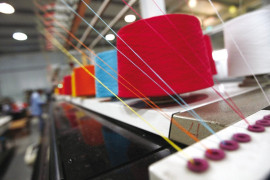



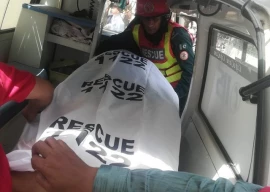
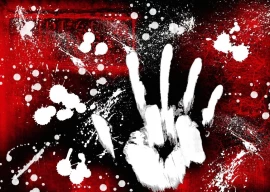

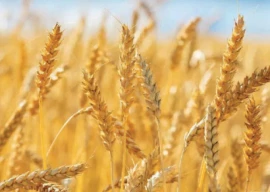















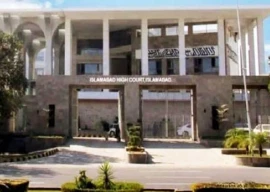






COMMENTS
Comments are moderated and generally will be posted if they are on-topic and not abusive.
For more information, please see our Comments FAQ